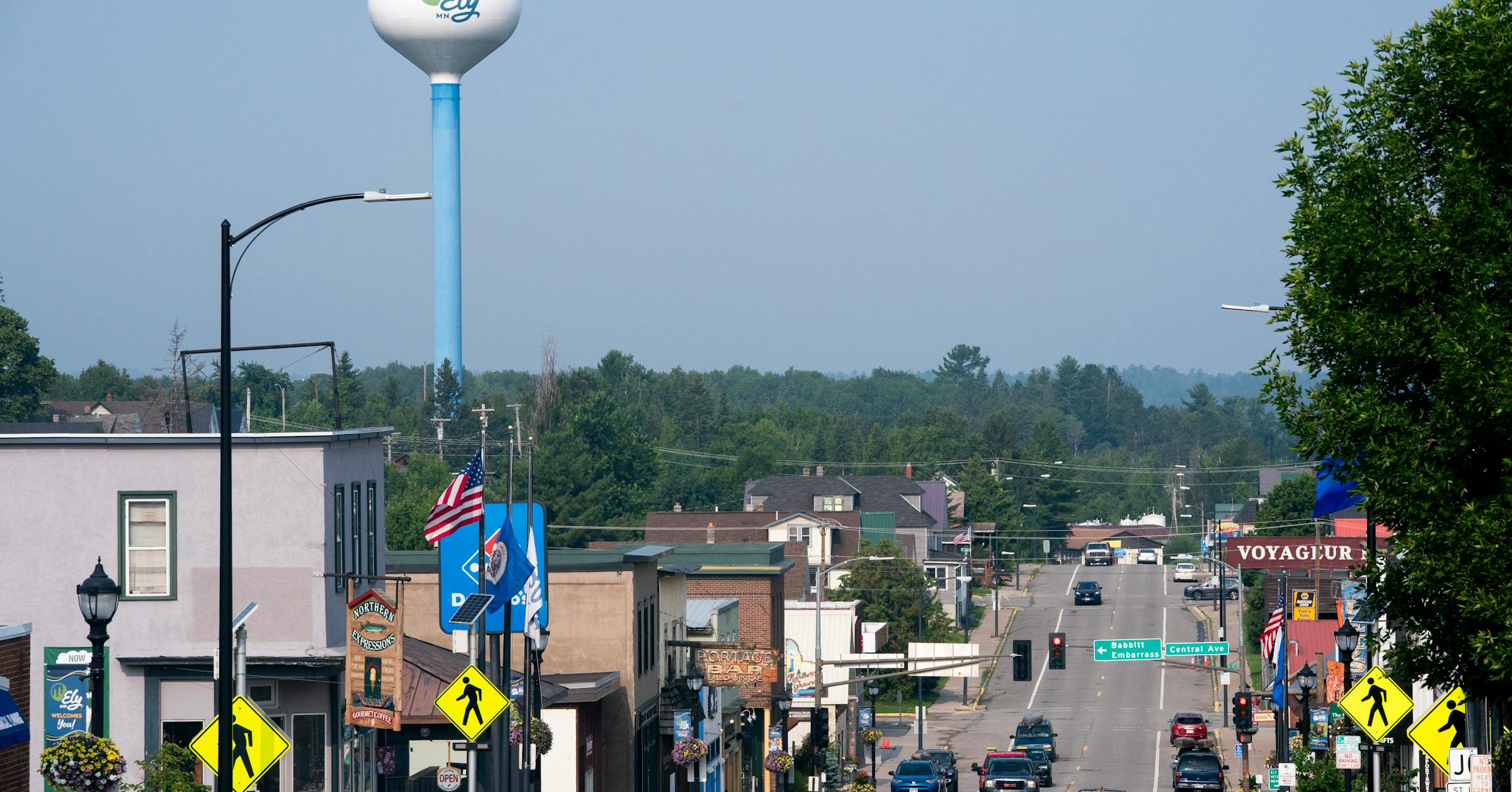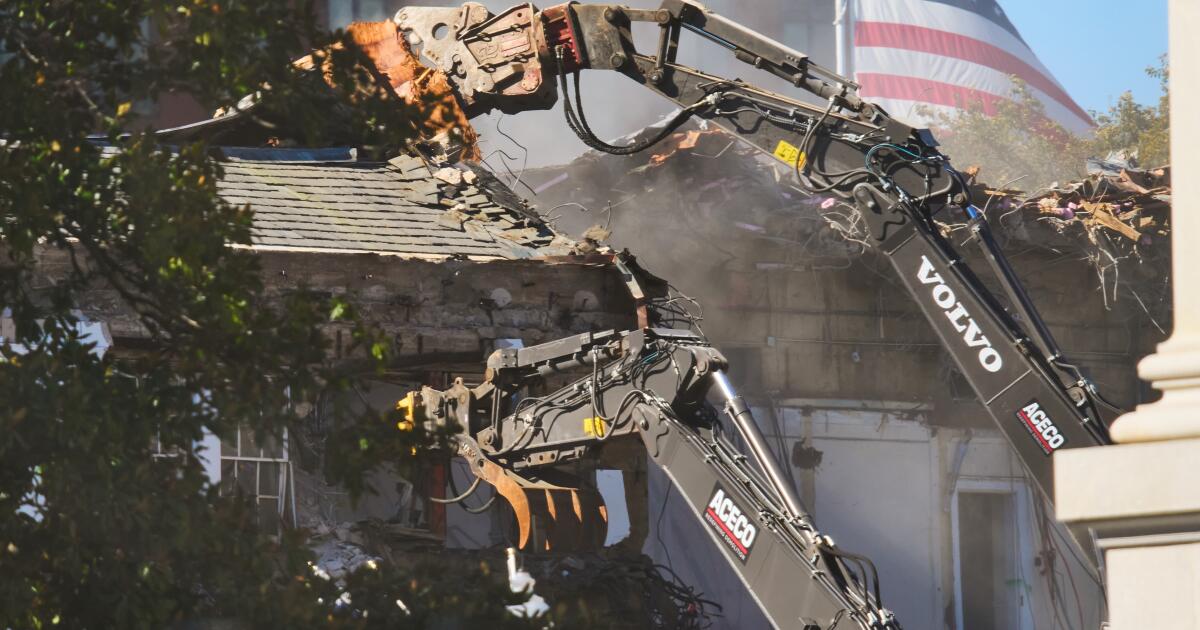Copyright startribune

Opinion editor’s note: Strib Voices publishes a mix of guest commentaries online and in print each day. To contribute, click here. Across northern Minnesota, communities — especially smaller ones — are facing similar issues: Business owners are nearing retirement without succession plans. Civic groups rely on the same few volunteers year after year. New residents are finding housing difficult to find and, in many cases, the housing is in rough shape. And across the state, a historic baby boomer transfer of wealth is underway that could either strengthen our towns — or quietly slip away. On Nov. 6, community members, business owners, second homeowners and local leaders will gather for the “Ely for Ely Annual Workshop: Planning for the Next Generation.” This event kicks off a yearlong partnership between Ely for Ely and the University of Minnesota Extension Department of Community Development to help the community think about long-term community vitality. Throughout 2026, a series of monthly workshops will give residents, businesses and organizations a structure for continued learning and collaboration. Extension’s community development work includes a variety of succession challenges in local communities of all sizes. These include: Extension research shows that business succession is more complicated than it used to be: It’s about preserving local ownership, keeping jobs in town and creating space for the next generation of entrepreneurs. A smart approach will recognize that local businesses are both economic engines and community anchors. The health of a community depends on the continuity of its civic and nonprofit leadership. Communities are tackling the question of how to recruit, mentor and support new and diverse leadership, while also learning from the institutional knowledge of those who’ve served over time. Across Minnesota, more than $61 billion in wealth will transfer between generations in the next decade. The question is: How much of that will stay local?



